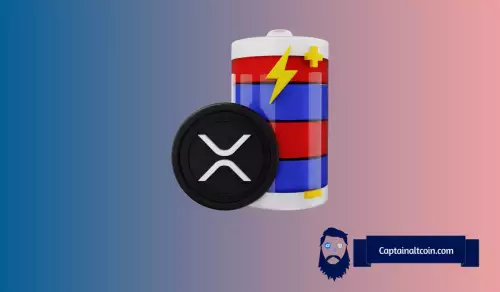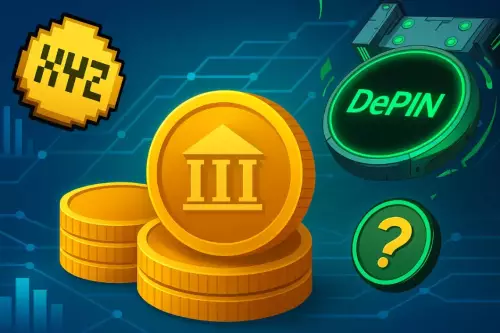The COIN Act aims to stop public officials from using digital assets for personal gain. Is this a necessary ethical boundary or just political theater? Let's break it down.
Alright, folks, let's talk about the COIN Act, crypto, and the very touchy subject of politicians potentially lining their pockets. It's a hot topic, especially with recent concerns about officials profiting from digital assets while in office. Here's the lowdown.
What's the COIN Act?
So, Senator Adam Schiff and a crew of other lawmakers introduced the Curbing Officials’ Income and Nondisclosure (COIN) Act on June 23. The main goal? To stop public officials – think the President, VP, Congress members – from using crypto for personal gain. The bill is trying to tighten up ethical standards because, let's face it, the crypto world is still a bit of a Wild West when it comes to regulation.
Schiff mentioned some eyebrow-raising reports about former President Trump allegedly making bank – over $57 million in 2024 – through a crypto venture. That kind of dough raises questions, right? Is public office being used for private enrichment? That's what the COIN Act is trying to address.
What the Act Actually Does
The COIN Act is packing some serious restrictions and disclosure requirements. Here's a quick rundown:
- Ban on Promotion: Key government figures can't issue, promote, or endorse digital assets like memecoins, NFTs, or stablecoins. This applies 180 days before they take office and lasts for two years after they leave.
- Financial Disclosures: Officials gotta include all their digital asset holdings and transactions in annual reports. No hiding those crypto stashes!
- Conflict of Interest: Involvement in crypto now falls under federal conflict-of-interest laws. If an official has a financial stake, they need to step back from related decisions.
- Stablecoin Scrutiny: Stablecoin issuers need to submit quarterly reports proving no government official is personally profiting from their tokens.
Is This Just Political Posturing?
Now, some folks are saying this bill is just for show, especially since it might face an uphill battle in the House. Critics argue that the COIN Act is more of a symbolic move to highlight ethical concerns than a practical piece of legislation. Maybe it is, but at least it's sparking a conversation.
My Two Satoshis
Personally, I think the COIN Act is a step in the right direction. The potential for conflicts of interest in the crypto space is real, and we need clear ethical guidelines to prevent abuse. Sure, it might need some tweaking, but the core idea of ensuring public officials serve the public interest, not their own crypto wallets, is solid.
It's worth remembering that the crypto market can be extremely volatile. The market nosedived in June 2025 after U.S. bombers launched attacks on Iranian nuclear facilities. Over $1 billion in long positions vanished in forced liquidations. Bitcoin briefly sank below $98,500, its lowest point in weeks, while Ethereum collapsed to levels last seen in early May. However, some seasoned investors view this as a potential opportunity in disguise.
The Bottom Line
Whether the COIN Act passes or not, it's shining a light on a crucial issue: the need for ethical boundaries in the intersection of crypto and government. And hey, maybe it'll inspire some honest policymaking. One can only hope, right?
So, there you have it. The COIN Act, crypto, and the ongoing saga of trying to keep our elected officials on the up-and-up. Stay tuned, folks, because this story is far from over!












































































